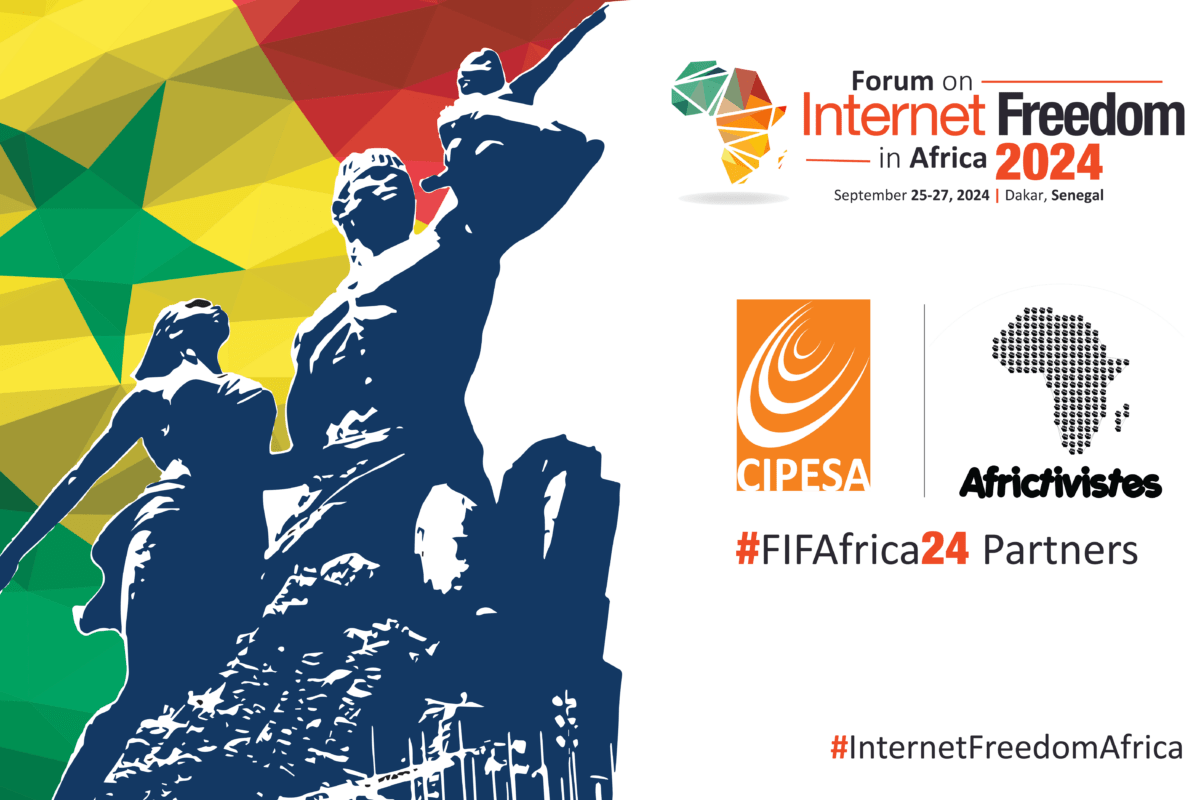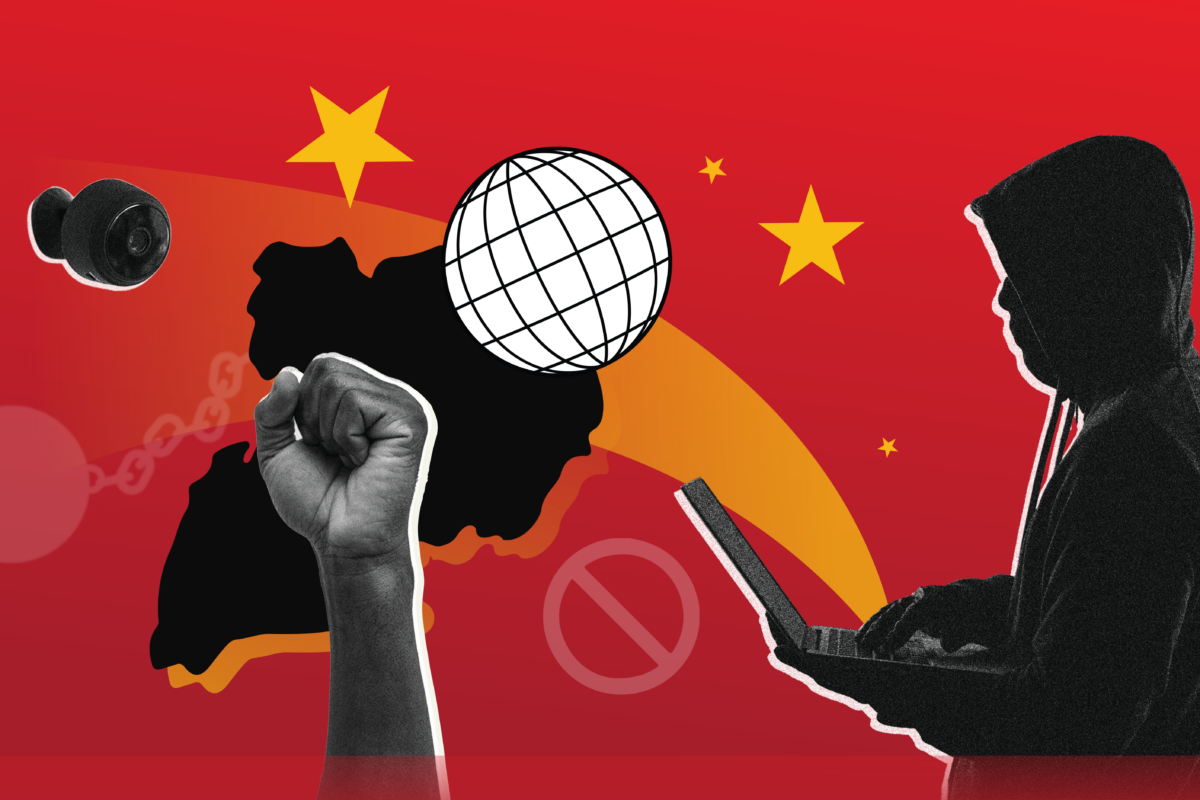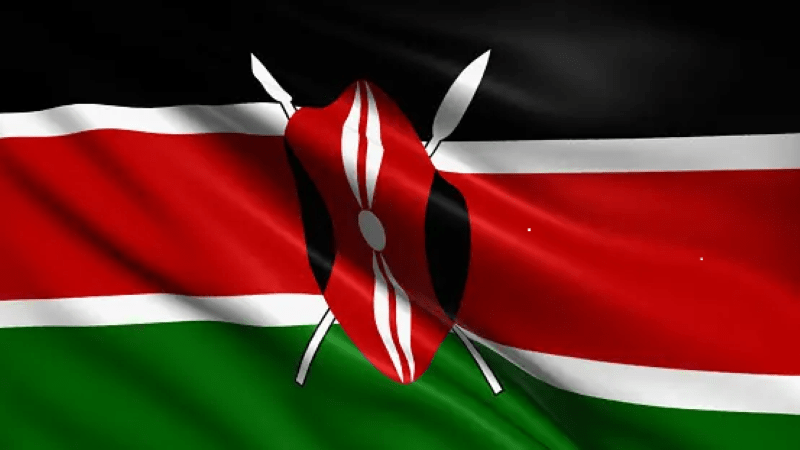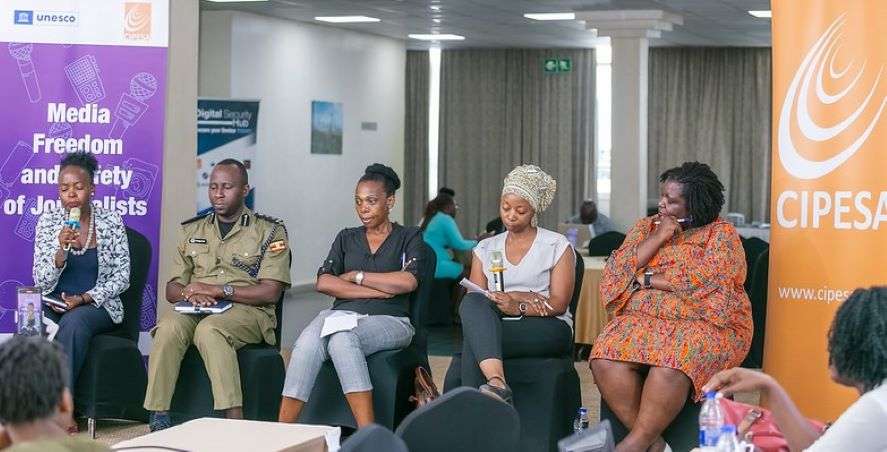Announcement |
The Collaboration on International ICT Policy for East and Southern Africa (CIPESA) is pleased to announce a partnership with the Dakar-based AfricTivistes for the upcoming Forum on Internet Freedom in Africa 2024 (FIFAfrica24) set to take place on September 25-27, 2024 in Senegal. This partnership marks a significant milestone in ongoing efforts to advance digital democracy by both entities.
Established in 2015, AfricTivistes – the African League of Cyber-Activists and Bloggers for Democracy is a pan-African organisation that promotes and defends democracy, good governance and human rights through digital means. Across its programs, AfricTivistes works to foster digital transformation and enhanced citizenship in Africa led by change actors.
Indeed, AfricTivistes’ mission resonates with the goals of CIPESA and, ultimately, FIFAfrica, thus marking the foundation for an inclusive, informative, and responsive conference. Through its extensive network of actors, AfricTvistes brings to the Forum regional expertise and an in-depth understanding of advocacy and engagement for civic, social and political transformation.
“This partnership with CIPESA to organise a successful FIFAfrica is essential, as it will enable highlighting the state of participatory democracy in this region of Africa where it faces numerous challenges, and ultimately advance digital democracy by all stakeholders.”, noted Cheikh Fall, President of AfricTivistes.
The CIPESA-AfricTivistes partnership follows in FIFAfrica’s track record of galvanising multi-stakeholder efforts for shared strategies for advancing rights, participation and innovation online. Co-hosts of previous editions have included the Tanzania Ministry of Information, Communication and Information Technology (2023), the Zambia Ministry of Technology and Science (2022), Ministry of Foreign Affairs of Slovenia, Presidency of the Council of European Union (EU) 2021 (2021) and Paradigm Initiative (2020). The 2019, 2018 and 2017 editions of FIFAfrica were co-hosted with the Ethiopia Ministry of Innovation and Technology (MINT), Media Foundation for West Africa (MFWA) and the Association for Progressive Communications (APC), respectively.
This year, FIFAfrica24 – the first edition to be hosted in Francophone Africa – will serve as a key channel that feeds into the way ahead for digital rights in Africa and the role that different stakeholders need to play to realise the Digital Transformation Strategy for Africa and Declaration 15 of the 2030 Agenda for Sustainable Development. The Declaration notes that the spread of information and communications technology and global interconnectedness has great potential to accelerate human progress, to bridge the digital divide and to develop knowledge societies.
FIFAfrica24 objectives:
- Enhance Networking and Collaboration: the Forum provides a platform that assembles African thought leaders and networks working on internet freedom from diverse stakeholder groups.
- Promote Access To Information: Since inception, FIFAfrica has commemorated September 28, the International Day for Universal Access to Information (IDUAI), creating awareness about access to information offline and online and its connection to wider freedoms and democratic participation.
- Practical Skills and Knowledge Development: The Forum features pre-event practical training workshops for various stakeholders on a range of internet freedom issues, including technical aspects of internet access, policy developments, digital resilience, and advocacy strategies.
- Showcase Advocacy Efforts: FIFAfrica provides a space for entities advancing digital rights to showcase their work through artistic installations, photography, reports, interactive platforms and physical stalls with organisational representatives.
- Connect Research to Policy Discussions: The annualState of Internet Freedom in Africa report, a themed report produced by CIPESA, has been launched at FIFAfrica since 2014. The report has served to inform policy and advocacy efforts around the continent.
- Strategic Networks: FIFAfrica has served as a platform for strategic meetings to be held, offering various African and global networks the opportunity to directly engage with each other and with the extended digital rights community.
We encourage all stakeholders, including policymakers, civil society organisations, technology experts, academics, and members of the media, to join us in Dakar, Senegal, for FIFAfrica24 in person or remotely. Registration is required and can be completed here.
For more information and updates, please visit www.internetfreedom.africa and stay tuned for announcements regarding the event including agenda and speaker line-ups.
Together with AfricTivistes, we are committed to fostering an environment where digital rights are upheld, and internet freedom is a reality for all Africans.
For further information contact [email protected].





